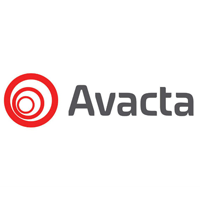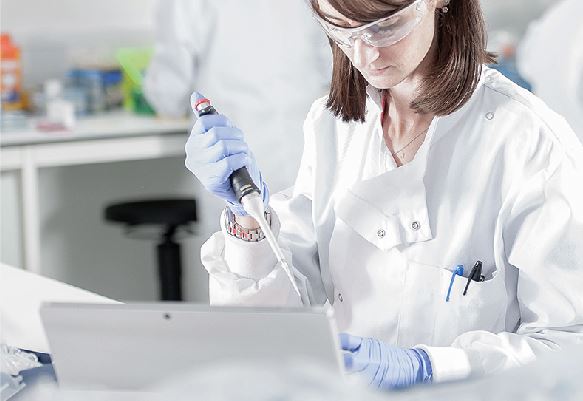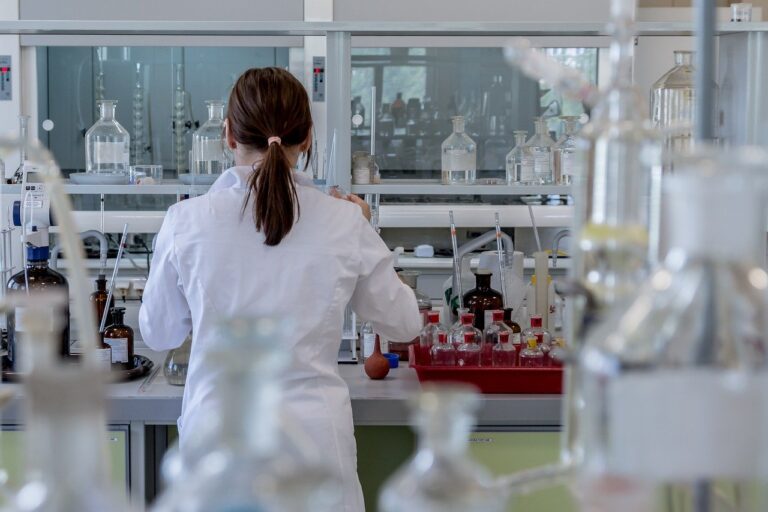Avacta Group plc (LON: AVCT), the developer of Affimer® biotherapeutics and reagents, has today announced that its Chief Scientific Officer, Dr Amrik Basran, will be presenting at the Next Generation Protein Therapeutics & Bioconjugates conference in San Francisco, California on 19 June 2019.
Dr Basran’s presentation, ‘Affimer Therapeutics: A Novel Human Scaffold for the Generation of Bi-specific Molecules’, will give an overview of the benefits of using Affimer technology to generate bispecific drug molecules.
Bispecific therapy – single molecules that engage with two drug targets simultaneously – is a major area of focus in large pharma immuno-oncology programmes. Avacta has highlighted bispecifics as a key element of its therapeutic pipeline strategy, alongside the development of its novel tumour microenvironment activated drug conjugates.
Dr Basran’s presentation will highlight the stability, solubility and ease of manufacturing functional Affimer bispecifics incorporating Avacta’s proprietary serum half-life extension technology (Affimer XTTM), as well as PD-L1 and LAG-3 Affimer inhibitors.
Avacta Group plc’s principal focus is on its proprietary Affimer® technology which is a novel engineered alternative to antibodies that has wide application in Life Sciences for diagnostics, therapeutics and general research and development.
Antibodies dominate markets worth in excess of $100bn despite their shortcomings. Affimer technology has been designed to address many of these negative performance issues, principally; the time taken to generate new antibodies, the reliance on an animal’s immune response, poor specificity in many cases, and batch to batch variability. Affimer technology is based on a small protein that can be quickly generated to bind with high specificity and affinity to a wide range of protein targets.
Avacta has a pre-clinical biotech development programme with an in-house focus on immuno-oncology as well as partnered development programmes. Avacta is commercialising non-therapeutic Affimer reagents through licensing to developers of life sciences research tools and diagnostics.







































